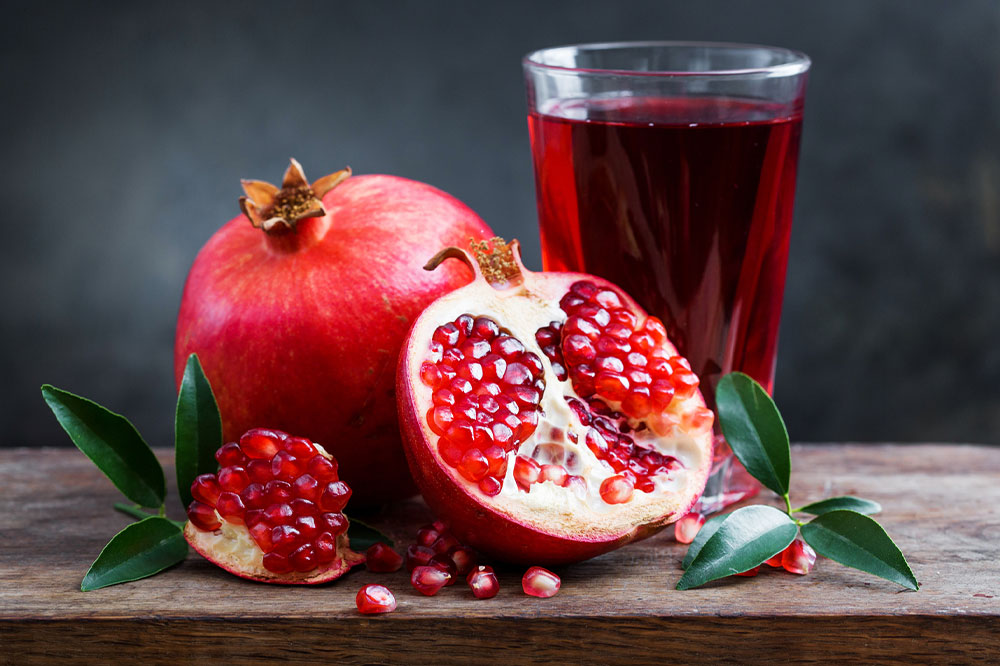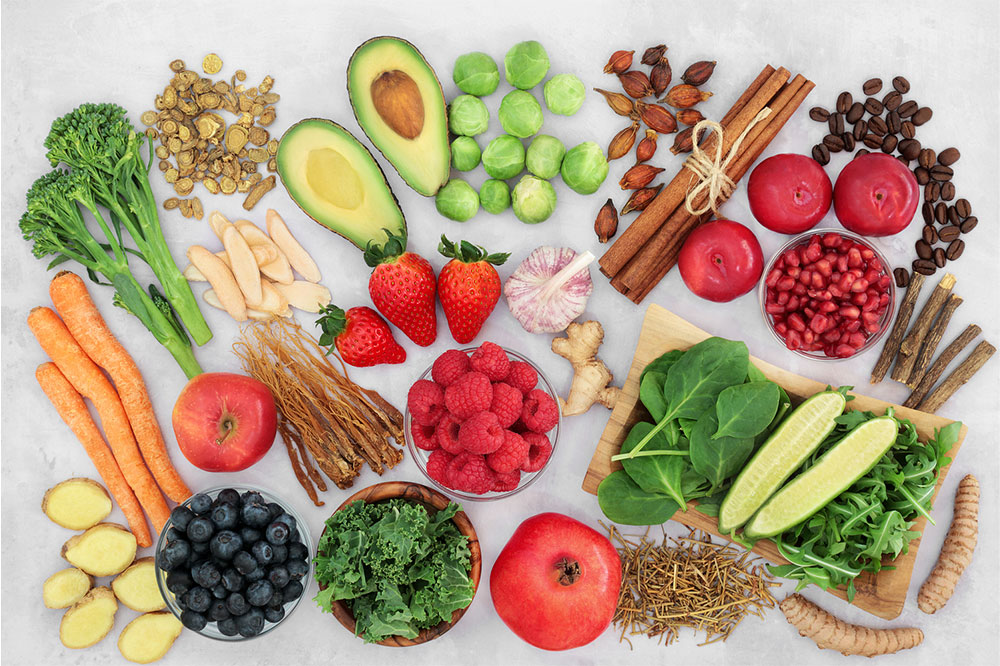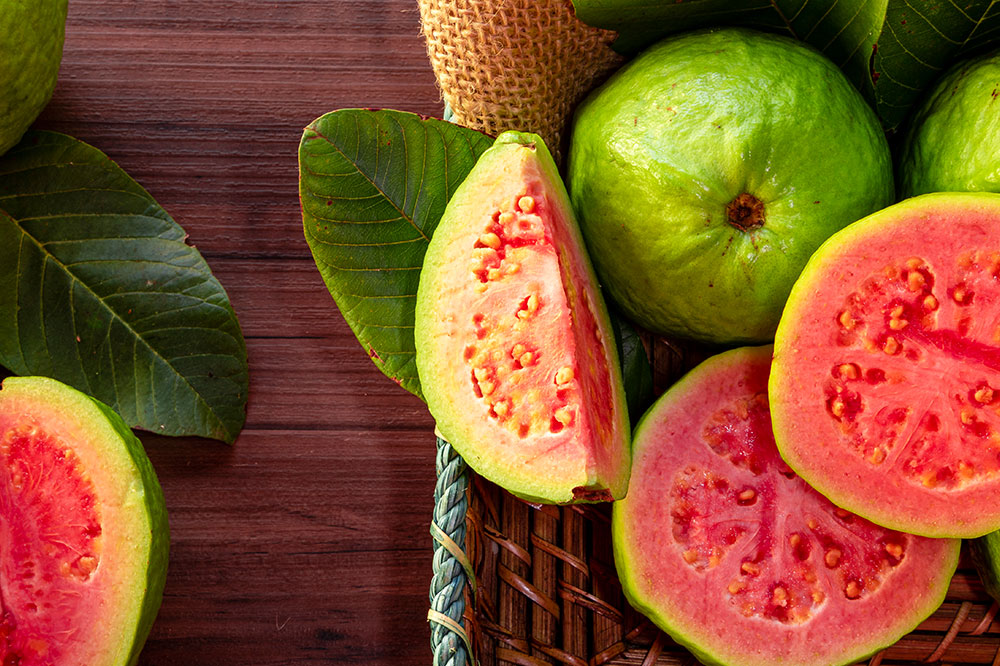Nutritional Strategies to Alleviate Asthma Symptoms
Discover how specific foods can help manage asthma symptoms by reducing inflammation and supporting respiratory health. Incorporate vitamin-rich fruits and vegetables, omega-3 sources, and immune-boosting foods into your diet as part of a comprehensive approach to respiratory wellness and symptom relief.

Eating for Respiratory Health: Foods That May Ease Asthma
Traditional wisdom often considers food as medicine, a notion championed by Hippocrates. Despite medical advancements, many illnesses like asthma remain incurable, leading researchers to explore alternative therapies involving diet and lifestyle changes. These adjustments are cost-effective and beneficial, especially for young children managing chronic conditions. While medication is essential, incorporating certain foods can help reduce inflammation and improve breathing. While these foods won’t cure asthma, they can significantly lessen symptoms and enhance quality of life.
Managing asthma involves a combination of meds, lifestyle tweaks, and dietary habits. Certain foods may trigger symptoms, while others can support respiratory health. Recognizing these foods’ effects is vital to minimizing attacks. Diet modifications are especially impactful for children with asthma, easing their condition and reducing reliance on corticosteroids, which may have adverse effects in long-term use.
Our current understanding confirms that diet influences asthma severity and frequency. Including anti-inflammatory foods can help mitigate symptoms, making everyday breathing easier. Remember, these dietary choices serve as supplementary measures; professional medical treatment remains fundamental for controlling asthma effectively.
Foods that Combat Inflammation
Vitamin C
Rich in antioxidants, vitamin C is abundant in fruits and vegetables like peppers, spinach, tomatoes, broccoli, strawberries, kiwi, and citrus fruits. Adequate vitamin C intake boosts immunity and reduces airway inflammation, helping prevent asthma attacks. Deficiency in this vitamin correlates with increased attack susceptibility.
Vitamin D
Lower vitamin D levels have been linked to heightened asthma risk, influencing immune function and inflammation control. Sources include fatty fish such as salmon, sardines, tuna, shellfish, mushrooms, fortified dairy, and orange juice. Sun exposure also boosts vitamin D synthesis but consult a healthcare provider before supplementing, especially if allergic to certain foods.
Magnesium
This mineral relaxes airway muscles, easing breathing. Foods rich in magnesium include nuts, seeds, spinach, and whole grains.
Beta-Carotene
Beta-carotene, converted into vitamin A, supports immune health and reduces exercise-induced asthma symptoms. Carrots, sweet potatoes, peppers, and apricots are excellent sources.
Omega-3 Fatty Acids
Found in seafood and flaxseeds, omega-3s have anti-inflammatory properties that may benefit asthma sufferers. Incorporating salmon, mackerel, or flaxseed into meals can support respiratory health.
Additionally, the following foods can aid in managing asthma:
Apples
Containing flavonoids like quercetin, apples can reduce airway inflammation and promote better breathing. Consuming 2-5 apples weekly can make a difference.
Caffeine
In moderate amounts, caffeine acts as a bronchodilator, helping keep airways open for up to four hours after consumption.
Garlic
With anti-inflammatory and immune-boosting properties, garlic contains allicin, which combats free radicals and supports respiratory health, reducing asthma episodes.
It is essential to note that diet alone cannot treat asthma. These foods should complement prescribed medications and medical guidance to effectively control symptoms and improve overall health.










